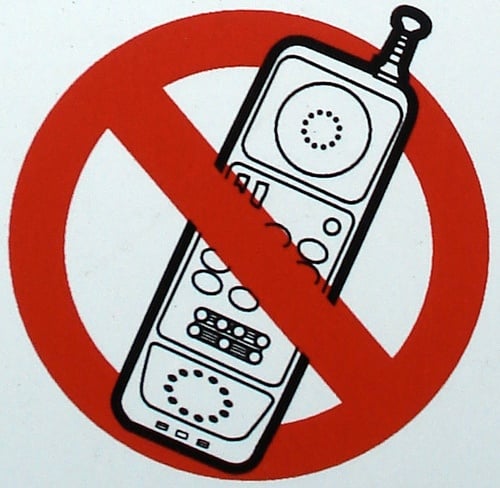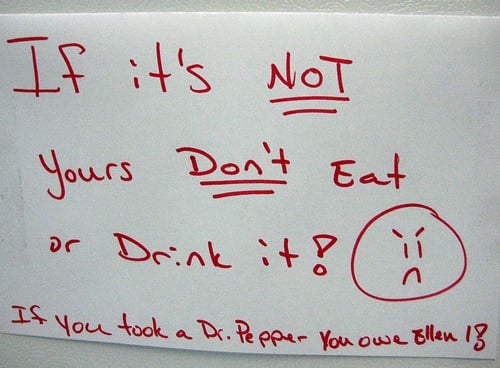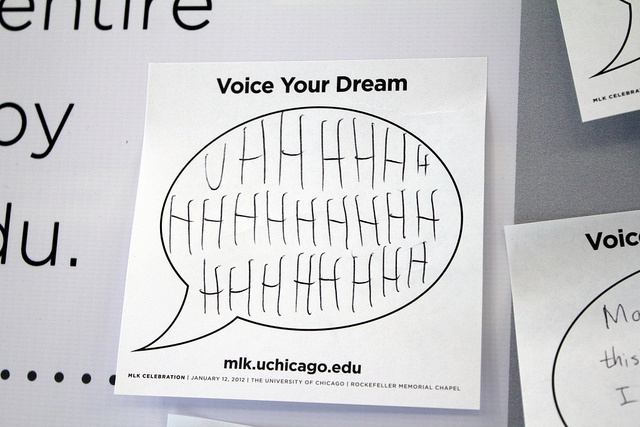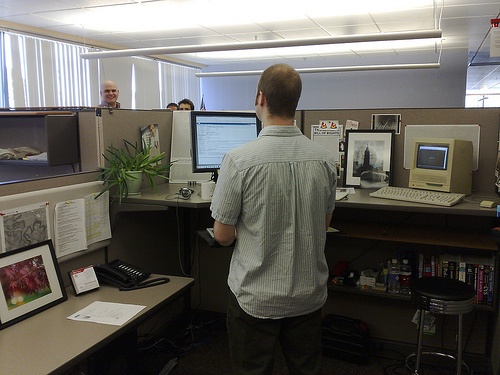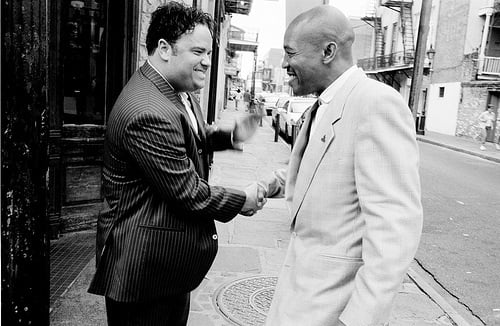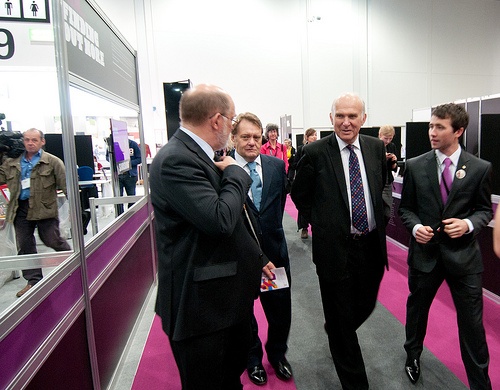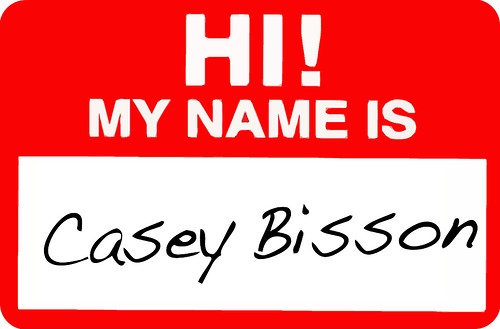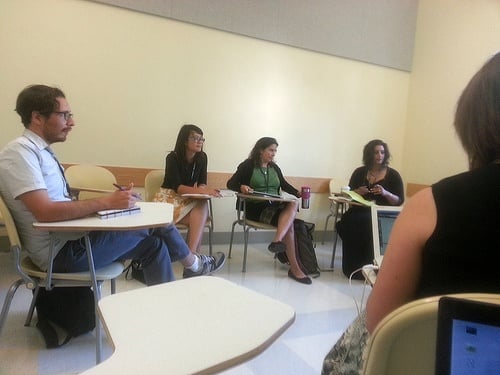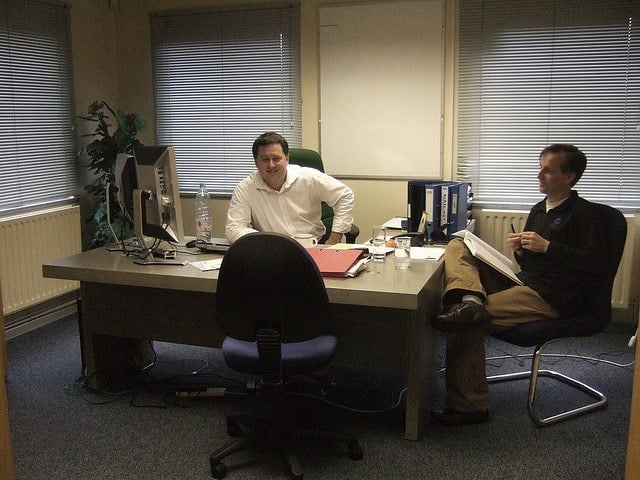Work etiquette is key to maintaining a pleasant and effective office. All workplaces are different, but basic work etiquette is pretty universal within a country. (Of course, once you start doing business with people from other countries, you might want to brush up on their etiquette rules. For example, in China it’s considered rude if you don’t take a business card with both hands.)
So for those of you doing business in the US, here are 15 basic work etiquette tips for making your professional life enjoyable.
1. Don’t fidget in meetings
Tapping your foot, jiggling your leg, drumming your fingers: this is all stuff you should avoid doing. If you’re fidgeting, it makes you seem nervous or bored. Don’t send the message that you’d rather not be there.
2. Put your phone on silent
Cell phones going off in the middle of a meeting? Never good. Put your phone on silent. If you find you’re still tempted to look at it, consider leaving your cell at your desk before the meeting.
3. Eat your own food
This is a problem in many communal settings, from college dorms to corporate office buildings. If you didn’t bring it, or if it doesn’t have a sign that’s telling you to help yourself, leave it alone.
4. Know what you’re going to say
“Um” and “Uh” have no place in the office. Whether you’re talking to a colleague or speaking to a potential client, try to keep the stammering to a minimum. Saying “um” a lot implies that you don’t really know what you’re talking about and are stalling for time.
5. Pay at restaurants
If you’ve set up a lunch meeting with someone, pay for his or her meal. As the host, it’s your job to be accommodating and polite.
6. Respect others’ space
Cubicles don’t make for much of a sound or smell barrier, so be mindful of those around you. Don’t eat at your desk if you can help it, and try to speak in a lower voice when on the phone.
7. Give a good handshake.
The first impression that most people get of others in work settings is through a handshake. Make sure to keep it firm and brief. This makes you seem confident without overdoing it.
8. Offer to take out-of-towners around
When people come in from another city or state for a meeting, offer to show them around town. Maybe that just means a short driving tour, or perhaps a trip to a restaurant. This makes you and your company seem more likable and friendly.
9. Show up on time
Sometimes it’s hard to get out of bed and get going—we’ve all been there. But that doesn’t mean that it’s a valid excuse for being late to work. It won’t be the end of the world if you don’t make it on time, but don’t make it a habit. Being late makes you seem unprofessional.
10. Introduce yourself using your first and last names
In some settings, it’s fine to just introduce yourself by your first name. But in business settings, you should always introduce yourself by your first and last names. After all, you want people to know who you are.
11. Don’t stray off topic
When speaking to people in a work setting, try to limit yourself to work topics. This is not the time to start talking about your latest vacation, your new dog, or your family. Keep all conversations about work only. If you’re friends with your coworkers, use your lunch break to talk about non work-related topics.
12. Know others’ titles
If you don’t know what title someone holds (i.e., Doctor), do some research and find out. It’s unprofessional to send someone an email using “Ms.” when it should be “Dr.” LinkedIn is a good place to look for this information.
13. Remain professional outside of work
And yes, this includes the company holiday party. Even if you’re not at work, your personal life reflects on your company. Think twice before doing anything that could make you look bad at work.
14. Dress appropriately
If your work is business casual, that’s what you should be wearing. If something requires you to wear a three piece suit, make sure you show up wearing one. Appropriate clothing is key to maintaining professionalism.
15. Respect workplace boundaries
It’s great if you’re friends with your boss, but don’t take it too far. Being friendly is a lot different than expecting preferential treatment. Keep it professional and try to separate your work relationships from your personal ones (even if they’re with the same person).
Featured photo credit: Jacob Barss-Bailey via flickr.com


